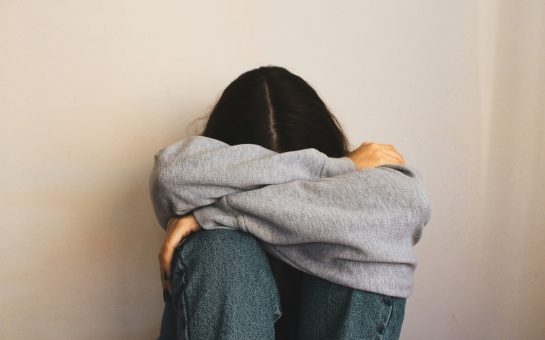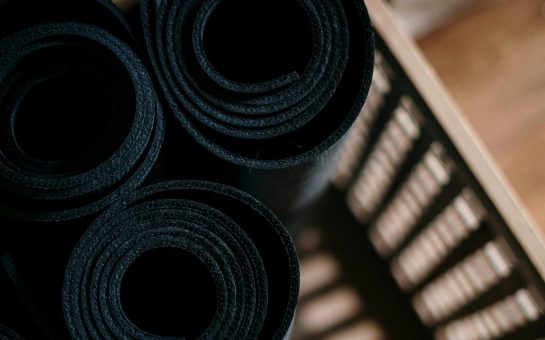By Kassandra Jimenez
July 31 2020, 10.00
Follow @SW_Londoner
Happiness and anxiety have improved since lockdown started according to a survey by the Office of National Statistics looking at March 30 to June 7.
Anxiety rose on the days leading to 30 March, through the peak of the pandemic, but as lockdown was extended average anxiety levels flattened out.
For Dr Oliver Sindall, chartered clinical psychologist, this data does seem to reflect the experience of many people during the COVID-19 pandemic.
Dr Sindall explained: “Anxiety is our brain’s way of responding to a real or perceived threat.
“People not only experienced anxiety due the existence of COVID-19, but also due to the extreme lack of understanding of how it was transmitted, what the symptoms were, and what measures needed to be taken to protect ourselves.
“In other words every encounter, human contact, visit to the shop, trip to school or journey to work was seen as a possible threat.”
The survey asked participants about their overall satisfaction with life nowadays, about their happiness the day before, as well as their anxiety, and each question was answered on a scale from 0 to 10.
For the 10 days to March 30, anxiety rose to 5.18 then fell most prominently between 3 and 20 April, with average ratings falling from 4.90 to 4.19 during this period.
Average anxiety levels flattened out and now remain at 75% of those seen in the first week of lockdown, in addition to this, average happiness is 11% higher than it was in the first week of lockdown.
According to Dr Sindall, lockdown could have helped in reducing people’s anxiety for a number of reasons, including the fact that more information about the spread of the virus, and the plans to control it, were provided.
He added: “Lockdown gave us permission to stay home, and for the majority of us, that is our place of safety.
“At home we feel protected, and perhaps most importantly, we feel in control. This leads to a further reduction in anxiety, and that gives us the ability to focus on what makes us happy.”
The data collected by this survey shows that people’s happiness has been improving since lockdown started, Dr Sindall doesn’t find this very surprising as he believes lockdown has given people more time to prioritise self-care.
Dr Sindall said: “As a psychologist I see first-hand how many people struggle to prioritise self-care, slowing down, and making time for the things that make them happy. For many of these people lockdown has given them ‘permission’ to clear their diary and be able to say no to things, completely guilt free!”
With lockdown measures slowly starting to be lifted the psychological impact of coming out of lockdown will completely depend on an individual’s experience of the past four months, explained Dr Sindall.
According to Dr Sindall, those people who embraced lockdown and have re-connected with the things that make them happy are likely to feel anxious about returning to a pre-lockdown life.
On the other hand, he added that for those who might have been stuck in small homes, with no personal space and difficult family situations affecting them every day, the lifting of lockdown could see a massive improvement in their mental health.




